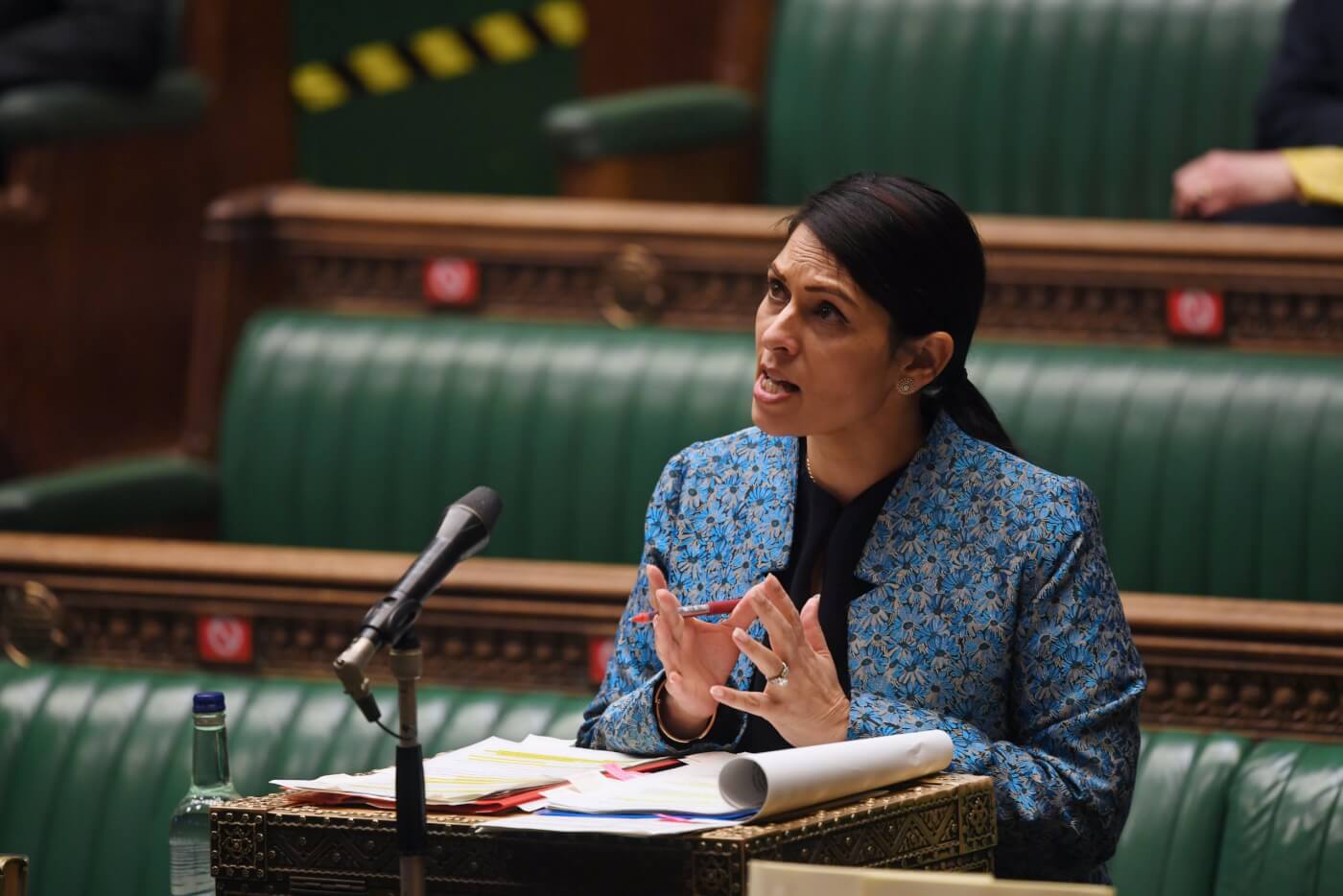The information commissioner, an independent official appointed by the crown to “uphold information rights in the public interest, promoting openness by public bodies and data privacy for individuals”, has confirmed they plan to investigate the Home Office.
The investigation stems from the department’s “dogged refusal” to disclose the number of women deprived of their British citizenship after travelling to join the so-called Islamic State.
The Information Commissioner’s Office (ICO) is a non-departmental public body which reports directly to Parliament. The watchdog confirmed it would step in as a result of the government rebutting any and all attempts from humanitarian groups to gain accurate information into the use of citizenship stripping, as well as the human rights concerns for the women and children affected.
The use of citizenship stripping gained national prominence following the high-profile case of Shamima Begum. The tactic has been aggressively pursued by successive governments as a way of ensuring Britons who travelled to Syria and Iraq to fight for IS can not return, citing their potential threat to national security as a justification for the measure.
However Alison Huyghe, advocacy officer with Rights and Security International, points out that the lack of transparency in the process ensures that the policy of removing British citizenship was “beyond all oversight”, adding:
“We need to know about any risk of discrimination or other patterns of gender-related harm when the government takes people’s British citizenship away,”
A certain level of controversy has always surrounded the power of citizenship deprivation. The power is reserved for the Home Secretary only when it does not result in a person becoming stateless, the misuse of this power being the basis of the failed legal challenge in the case of Shamima Begum – who the Home Office argued was eligible for Bangladeshi citizenship.
The Home Office has not always surmounted legal challenges to its use of citizenship deprivation. Two other women, known only as C3 and C4, who also travelled to Syria, successfully overturned a deprivation decision after a court ruled they were not able to claim Bangladeshi citizenship.
The rapid expansion of this tactic is borne out in what little data is available. Between 2014 and 2016 British nationality was deprived of 23 people. Yet between 2017 and 2018, as IS encroached into large areas of Syria and Iraq, the power was used 104 times.
No data has been released since this time and no gender breakdown has ever been provided.
The lack of transparency prompted Rights and Security International to submit a freedom of information request asking how many people had had their UK citizenship removed in 2019 and 2020, how many were women, and how many were parents of children under the age of 18 at the time the decision was made.
The Home Office responded by saying they would release top-line figures for 2019 and 2020 in “due course”, but denied to reveal any data relating to the number of women affected.
It is currently estimated that around 15 women with 35 children remain in Kurdish-controlled camps in Syria. A letter sent to the International Observatory of Human Rights by the Foreign, Commonwealth and Development Office on 25 March 2021 confirmed the fact that “the UK has no consular presence within Syria, which makes it difficult to provide direct consular assistance”.
It is also unclear how many of these people will have already been deprived of their citizenship.
Upon receiving their response to the freedom of information request, Leigh Day, a lawyer for Rights and Security International, appealed to the Information Commissioner’s Office, which replied that it had accepted the case “as eligible for further consideration”.
The Guardian report a Home Office spokesperson has said deprivation of figures are published annually as part of a transparency report on Disruptive and Investigatory Powers that is due to be released shortly, adding:
“Where requests are made for details already due for publication or already publicly available, the Freedom of Information Act does not compel disclosure,” the spokesperson added.”

